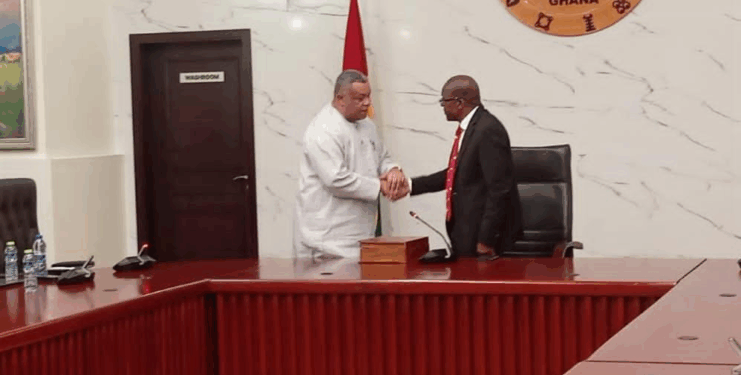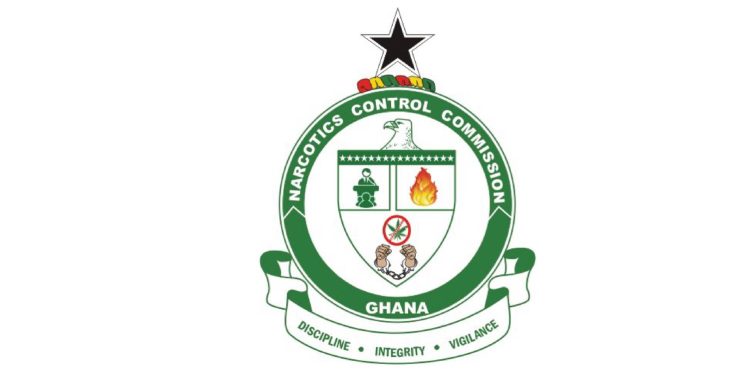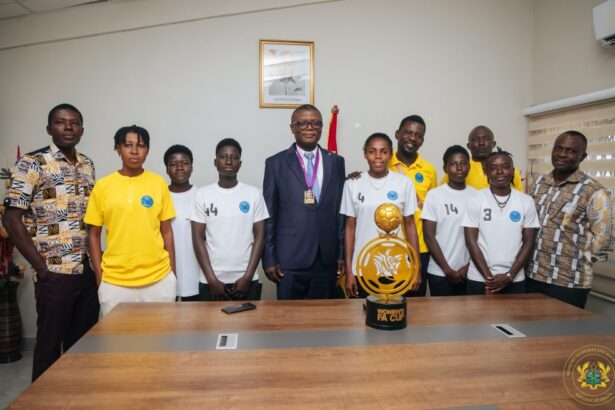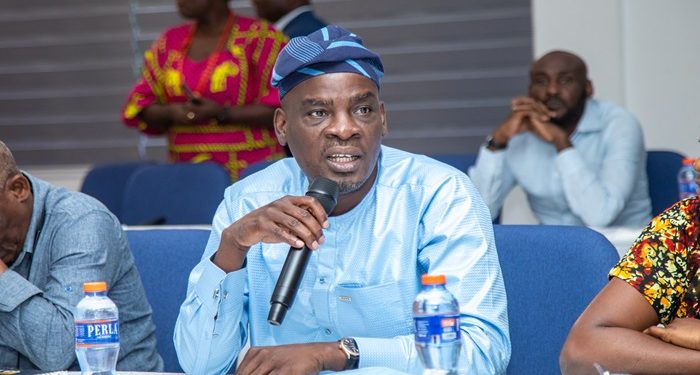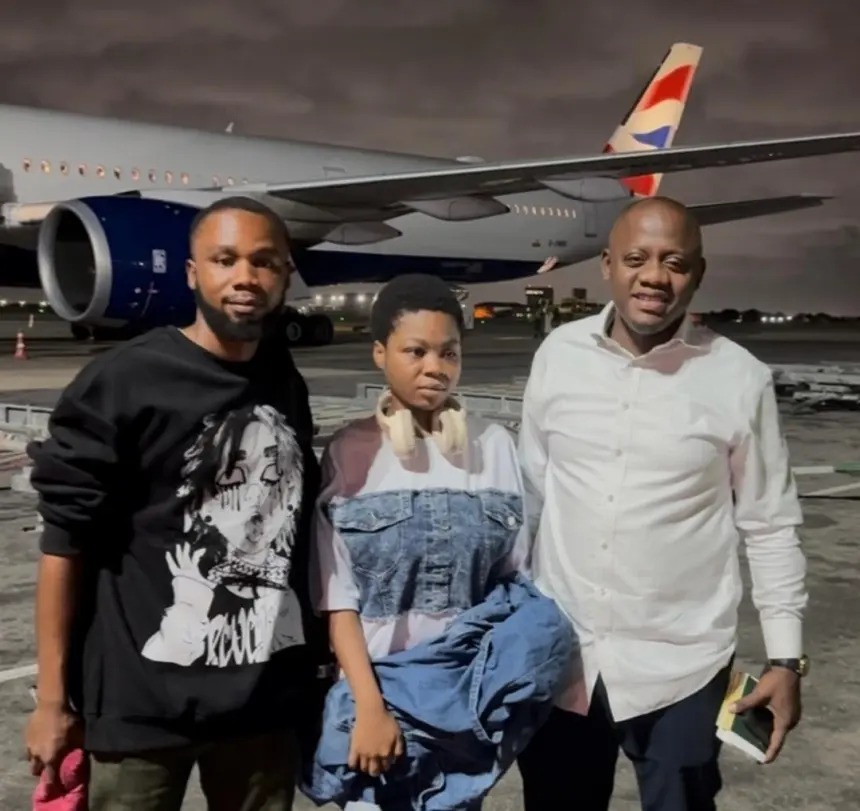Accra, Jan. 7, GNA – Mr. George Sarpong, Executive Secretary of the National Media Commission on Wednesday called for a comprehensive policy framework that would provide a roadmap for the development of the media in Ghana. He said the policy framework should also give an indication on what the media could do to accelerate national development. Speaking on the topic “Public Education and Democratic Governance”
at the on-going Annual New Year School in Accra, Mr. Sarpong said lack of a comprehensive policy on media development had led to the liberalization of the industry without any clear policy direction. This year’s New Year School is on the theme; “Lifelong Learning and Accelerated Development” and is being organised by the Institute of Adult Education for over 500 participants.
Mr. Sarpong said the experiences from other nations notably Rwanda, Nigeria and Cote d’Ivoire suggested that the non-availability of a comprehensive policy framework could be problematic for Ghana. The Executive Secretary said laws affecting the media needed to be reviewed to reflect a contemporary outlook and also to bring them into line with the constitution thereby addressing institutional and policy lapses in media regulation. “A fund for media development will be useful in driving the transformation of the industry. A nexus between media growth and national development could be achieved by ensuring that accessibility to the fund by the media will be determined by professional performance assessed through a Credibility Measurement Index (CMI) and a Professional Performance Index (PPI),’ he said.
He stressed the need to build the capacity for people in the media and media regulators, establish mechanism to promote closer collaboration between media researchers, academics and practitioners, and strengthening public broadcasting to increase the development content in the media.
Mrs. Augustine Akosua Akumanyi, Deputy Chairman, National Commission for Civic Education (NCCE), mentioned inadequate information about beneficiaries of public education, the type and level of educational materials to be used, the most appropriate medium of communication, sustainable resource to support, a conducive political atmosphere for free expression of opinions within the ambit of law as operational challenges of public education.
She said public education was not propaganda, neither was it brainwashing nor indoctrination but a transfer of knowledge using interactive or interpersonal methods. Mrs Akumanyi said to achieve democratic governance, citizens must be empowered economically and politically and governments try to invest properly in communities.
“Civic education should start right from the kindergarten and also extend opportunities for local consultation through neighbourhood meetings, resident associations, citizens’ juries and other grassroots organizations,” she added. 07 Jan. 09
Source: GhanaWeb


